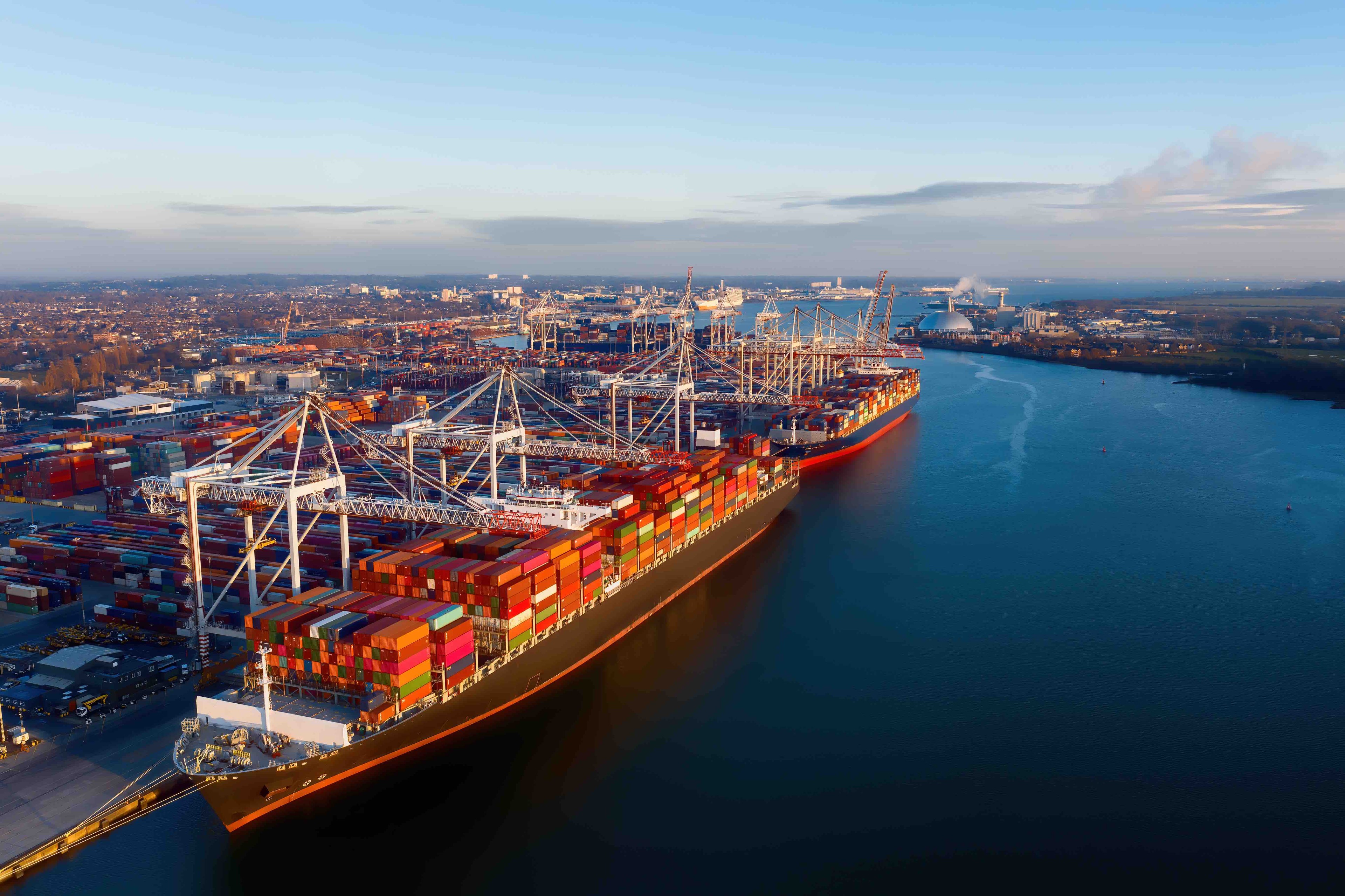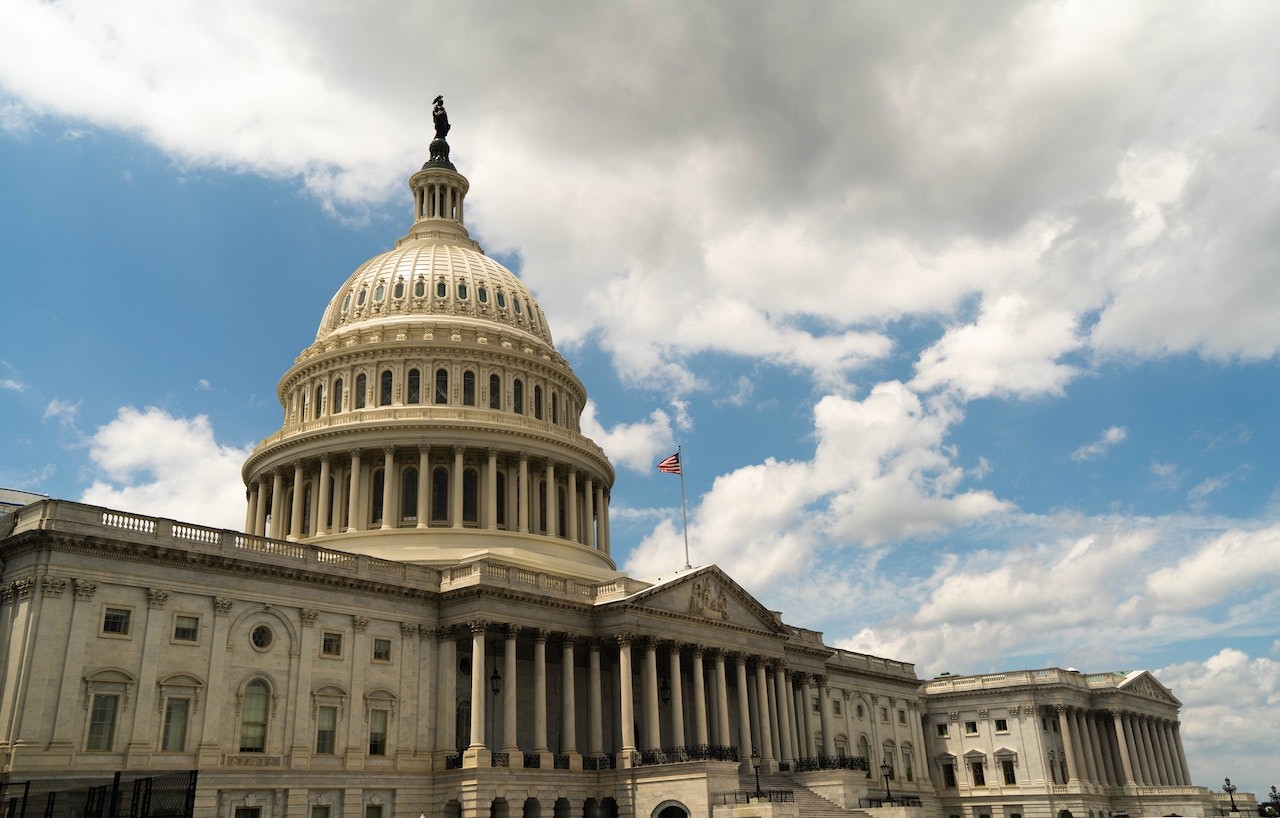Contact Us
On January 20, 2025, President Trump signed the America First Trade Policy Memorandum, introducing critical changes to U.S. trade policy that will have significant implications for businesses, global trade, and compliance strategies.
As the policy evolves, it’s essential for companies to stay informed about the new directions and prepare for potential disruptions.
Emily Cori, US Compliance Manager at Woodland Group, guides on the key takeaways and what businesses should be prepared for:
Economic and Trade Relations with People’s Republic of China (PRC)
Section 301 Review: The Administration will revisit the actions taken in the Section 301 investigation concerning China’s technology transfer, intellectual property (IP) practices, and innovation policies. This could result in modifications to existing tariffs and potentially new trade measures aimed at leveling the playing field.
Permanent Normal Trade Relations (PNTR): There will be an evaluation of China’s ongoing trade relationship with the US under PNTR status, which could impact tariffs, quotas, and other trade barriers.
IPR Violations: A continued focus on intellectual property rights enforcement will likely mean heightened scrutiny on Chinese products, especially in industries involving sensitive technologies.
General Investigation of China’s Trade Practices: The US will review policies, acts, and practices of the PRC that may be deemed unfair or discriminatory and may lead to new trade restrictions or countermeasures.
Unbalanced Trade and Trade Deficits
Addressing Unfair Trade Practices: The Administration is committed to tackling unfair trade practices by foreign countries that harm US businesses, particularly through market manipulation and unbalanced tariff structures.
USMCA 2026: There will be a focus on revising and updating the United States-Mexico-Canada Agreement (USMCA), especially as trade dynamics evolve leading up to the 2026 review period.
Currency Exchange Accuracy: Efforts will be made to ensure more accurate exchange rate reporting and transparency in trade agreements
Free Trade Agreements (FTAs): A comprehensive review of all FTAs, including the WTO Agreement on Government Procurement, will be conducted, with a focus on ensuring fairness and reciprocity in trade relationships.
Antidumping and Countervailing Duty (AD/CVD) Laws: Enhanced enforcement of AD/CVD laws to counter unfair trade practices.
Duty-Free De Minimis Exemption: Review of the study done for duty-free de minimis exemption otherwise known as Section 321. De minimis, low value goods under $800 that are not under restrictions such as AD/CVD, other government agencies, etc.
Additional Economic Security Matters
US Industrial and Manufacturing Base: A full review of US manufacturing and industrial sectors will assess whether foreign imports are threatening national security. The US may impose higher tariffs on imports competing with American-made products to protect domestic industries.
Steel & Aluminum Exclusions/Exemptions: Review of exclusions and exemptions related to steel and aluminum tariffs.
Export Controls: Strengthening export controls by eliminating loopholes and addressing the transfer of strategic goods, software, services, and technology to rivals and their proxies. Enhanced enforcement policies to ensure foreign compliance with U.S. export control regulations.
Information and Communication Technology and Services (ICTS): The office will oversee connected vehicles and additional connected products to ensure they align with national security standards.
Addressing National Security Threats: The policy also highlights the need to address threats such as unlawful migration and the illicit flow of fentanyl from major trade partners, including China, Mexico, and Canada.
What to Prepare For
As businesses, particularly those in trade and logistics, navigate this evolving landscape, there are several things to keep in mind:
Customs and Tariff Changes: Companies should prepare for potential increases in tariffs, especially in sectors related to technology, manufacturing, and critical industries. This may also lead to longer customs clearance times, so anticipate delays in the supply chain.
Stronger Trade Negotiations: The U.S. will likely take a more assertive stance in trade talks, particularly with major partners like China and the European Union. Businesses should be ready for potential renegotiations and evolving trade terms.
Shifts in Trade Routes: With the push for reshoring manufacturing, global trade routes and supply chain patterns will likely shift. Businesses should assess their shipping strategies and be ready to adjust to new trade routes and logistics demands.
Increased Regulatory Burden: Reinforced regulations around intellectual property (especially for tech-related goods) will likely raise compliance requirements. Companies involved in high-tech exports should prepare for more stringent documentation and reporting standards.
Monitoring Trade Developments: Staying ahead of trade policy changes, including revisions to tariffs, FTAs, and export control regulations, will be key to minimizing disruptions. Proactive monitoring will enable businesses to adapt to new trade conditions and ensure compliance.
Next Steps
The results of these reviews, including findings and recommendations, will be presented to the President on April 1, 2025. This timeline signals upcoming changes that businesses will need to closely track and adjust to in real-time. It is imperative to remain agile and proactive to navigate these shifts successfully.
In conclusion, the America First Trade Policy Memorandum sets the stage for a new chapter in U.S. trade policy, with a heavy focus on protecting American industries, reducing trade deficits, and ensuring fairness in international trade. By preparing for these changes, businesses can better align their operations with evolving regulatory requirements, safeguard their interests, and leverage new opportunities in an increasingly competitive global market. Stay informed, stay compliant, and stay ahead.
Woodland Group's customs compliance team always strives to deliver the utmost care and compliance in our services. At Woodland we want to ensure that our customers can do the same, but sometimes they don’t have the ability to do so. Our Regulatory Consultancy can help you when you are unsure of the restrictions and further requirements to move your goods compliantly.
Memorandum Link: America First Trade Policy – The White House
If you are interested in learning more from our US Compliance Manager, Emily Cori, please contact us using the form below.
Contact our Customs Compliance Team
Let Woodland Group help you navigate these complexities. Our expert team provides tailored solutions to ensure compliance, minimize risks, and optimize your supply chain.
Contact us today to discuss your specific needs or request a copy of our Customs Compliance Checklist.
You may also like:
New customs requirements on Ireland to Great Britain movements from 2024
US Government Shutdown - Supply Chain Impact


